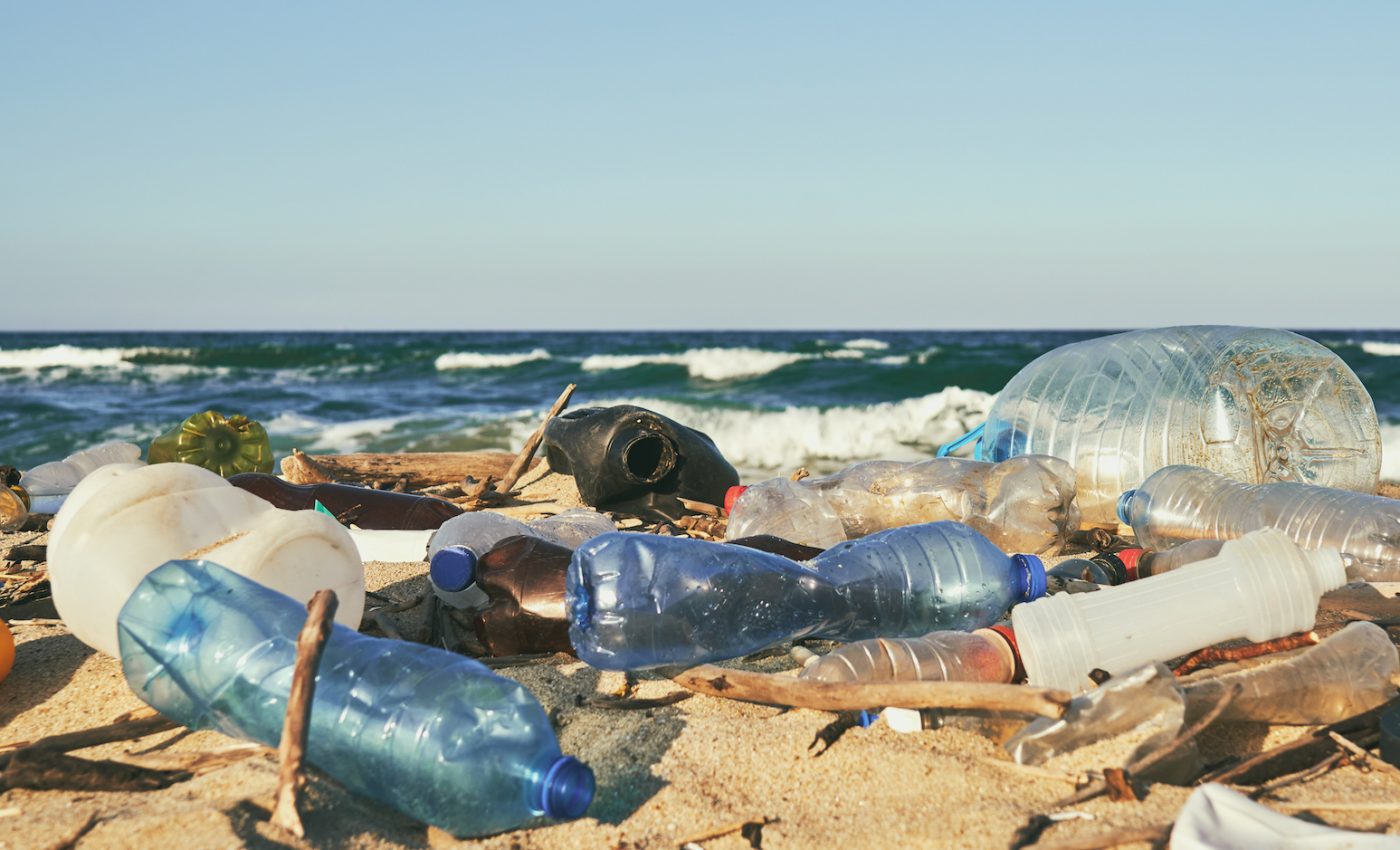
Can biodegradable plastics help slow plastic pollution?
Researchers from the American Chemical Society are exploring innovative ideas for the disposal of biodegradable plastics. The study has demonstrated that certain bioplastics can decompose under a range of diverse conditions.
Plastic waste is a growing environmental issue, particularly when it enters into the ocean and threatens the lives of sea animals and birds who commonly mistake plastic debris for food and eat it.
Despite increasing efforts across many countries, most plastic waste still does not end up getting recycled. Different blends of biodegradable plastics have been developed, but these materials are often not as flexible and strong as conventional plastics.
While the goal of biodegradable plastics is that they will not persist as long in the environment, their fate is relatively uncertain. A team of experts including Tanja Narancic, Kevin O’Connor, and Ramesh Babu Padamati set out to examine the degradation of individual bioplastics under various conditions.
The study was focused on 15 different plastics or blends under managed conditions, including composting and anaerobic digestion. The team also investigated the fate of the same bioplastics in unmanaged environments, such as soil and various water bodies.
Polylactic acid (PLA) is one of the best-selling biodegradable plastics on the market, but it requires high temperatures to be broken down. The researchers were surprised to find that a blend of PLA and polycaprolactone (PCL) degraded completely to carbon dioxide, biomass, and water under typical home-composting conditions.
Many of the individual plastics were found to decompose under conditions of anaerobic digestion, a process that can produce biogas. Furthermore, all of the plastics and blends examined in the study degraded with industrial composting.
According to the researchers, biodegradable plastic blends could create new possibilities for managing plastic waste.
On the other hand, only two out of 15 plastics were found to break down completely in the unmanaged soil and water conditions. This means that biodegradable plastics are not a remedy for plastic pollution, and they must be managed carefully.
The study is published in the journal Environmental Science & Technology.
—
By Chrissy Sexton, Earth.com Staff Writer













